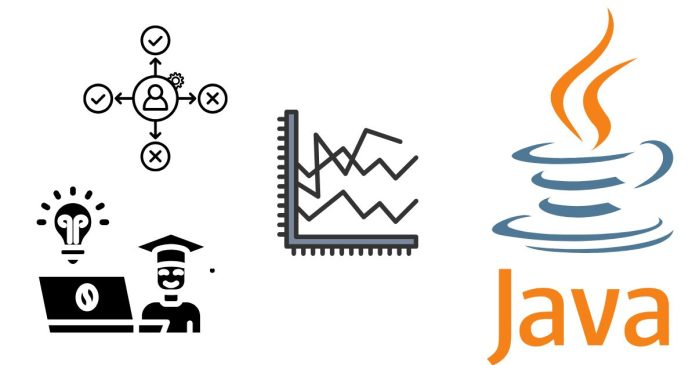In Java, interface variables are static and final by default due to the way interfaces are designed and their intended purpose. Let’s break down the reasoning behind these two characteristics:
1. static by default:
- Interface variables are associated with the interface, not instances: Since interfaces in Java are meant to define a contract of methods that classes should implement, the variables in an interface are not tied to any specific instance of a class. They belong to the interface itself, not to any object that implements the interface.
- Shared across all implementing classes: Because interface variables are
static, they are shared among all classes that implement the interface. This allows the value of the variable to remain constant and accessible without creating an instance of the class implementing the interface.This is consistent with the fact that an interface cannot have instances (i.e., you cannot create objects of an interface directly), and so any variables defined in it must be associated with the interface as a whole rather than with individual objects.
2. final by default:
- Immutability and Constants: Interface variables are implicitly
final, which means their values cannot be changed once initialized. This is because interface variables are intended to represent constants or fixed values that should remain unchanged across all implementing classes. - Clarity of Purpose: By making the variables
final, Java ensures that the interface is only used to define constant values that can be relied upon across different classes. Allowing non-final variables would defeat the purpose of interfaces, which are meant to provide consistent, unchangeable contracts for constants across all implementations.
Example:
interface MyInterface {
// These are implicitly static and final
int CONSTANT = 100;
}
class MyClass implements MyInterface {
public void printConstant() {
System.out.println(CONSTANT); // Accessing the constant from the interface
}
}
public class Main {
public static void main(String[] args) {
MyClass obj = new MyClass();
obj.printConstant(); // Outputs: 100
}
}
In the above example:
CONSTANTin the interface is implicitlystaticandfinal, so it is accessed without needing an instance ofMyInterface.- It is a constant and its value cannot be modified.


